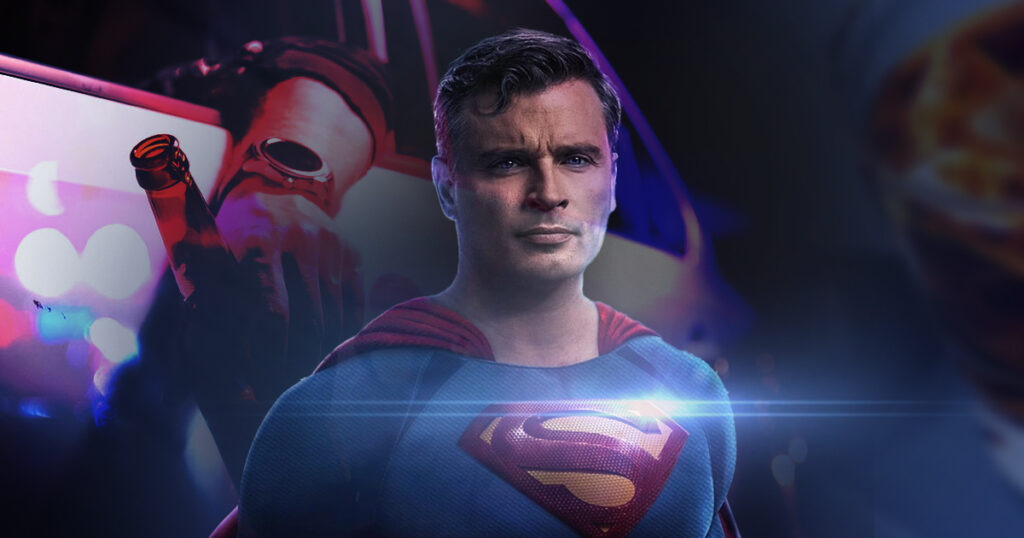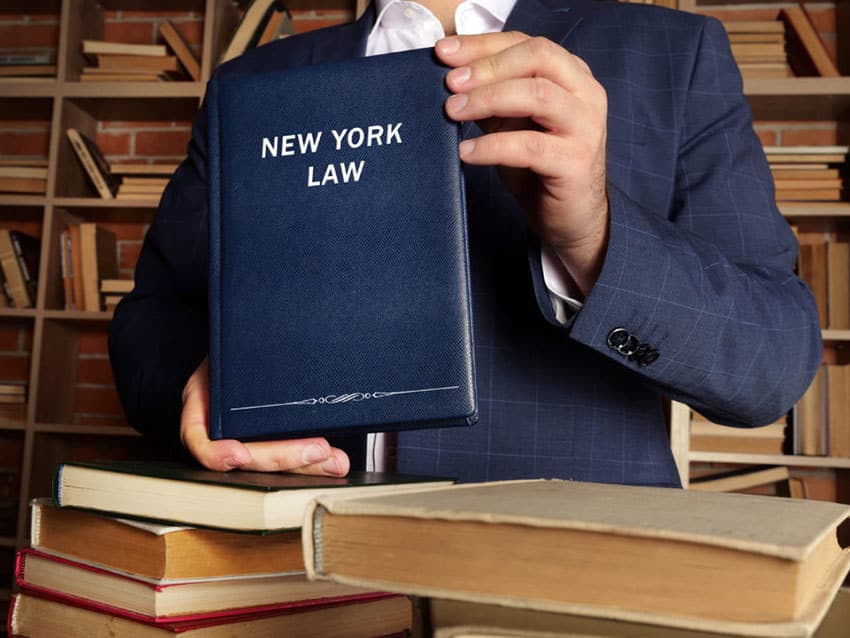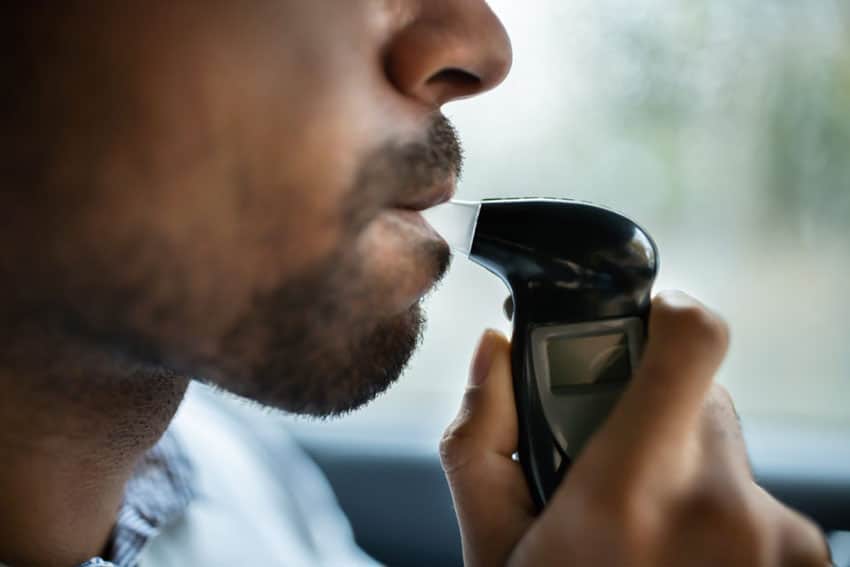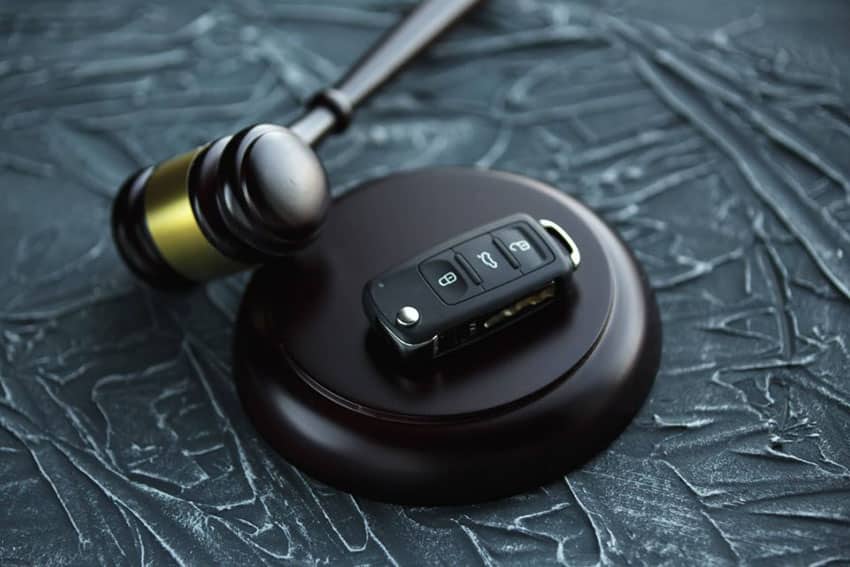When we think of Superman, we envision strength, resilience, and an unwavering moral compass. But even the Man of Steel is not immune to human mistakes. Recently, Tom Welling, best known for playing a young Clark Kent in Smallville, was arrested for driving under the influence (DUI) in Yreka, California. While the headlines may focus on the shock of a celebrity in legal trouble, there’s a deeper takeaway—this can happen to anyone.
As a DWI attorney, I see cases like this every day. Good people—mothers, fathers, business professionals, and yes, even celebrities—can find themselves in unfortunate circumstances. But a DWI does not define a person. What matters is how they respond to it and what steps they take moving forward.
Understanding the Legal Consequences of a DWI
Every state has strict laws regarding driving under the influence, but they can vary in severity. In New York, for example, a standard DWI (driving while intoxicated) occurs when a person operates a vehicle with a blood alcohol content (BAC) of 0.08% or higher. Here’s what someone facing a first-time DWI might expect:
- Fines ranging from $500 to $1,000
- License revocation for a minimum of six months
- Possible jail time (up to one year for a misdemeanor DWI)
- Mandatory participation in the Drinking Driver Program (DDP)
- Installation of an ignition interlock device (which prevents the car from starting if alcohol is detected)
These consequences can be even harsher for repeat offenses, high BAC levels, or if the incident involves an accident or injuries.
In California, where Welling was arrested, DUI laws are also strict. A first-time DUI can lead to:
- Fines of up to $2,000,
- License suspension for up to six months,
- DUI education programs, and
- Potential jail time (though this is often avoided for first-time offenders).
While these penalties may seem severe, there are legal options to reduce the impact, which is why seeking an experienced DWI attorney is crucial.
The Human Side of DWI Cases: It’s Not Just About the Law
The legal consequences are only one part of a DWI case. The personal and professional fallout can be just as challenging.
For public figures like Tom Welling, an arrest becomes a public spectacle, often leading to embarrassment, reputation damage, and professional setbacks. But what’s often overlooked is the emotional toll that a DWI charge brings to anyone, regardless of their status.
For many of my clients, a DWI is the wake-up call they never saw coming. It can be an isolated mistake—a single miscalculation about whether they were okay to drive. Others may realize it’s a pattern that needs to be addressed. Either way, the goal isn’t punishment—it’s improvement.
- Some people reassess their drinking habits and adopt new safety measures, like using rideshare services or designated drivers.
- Others take the opportunity to seek counseling or treatment if alcohol use has become a larger issue.
- Many find ways to give back, participating in community service or becoming advocates for responsible decision-making on the road.
The biggest takeaway is that a DWI charge is not the end of the road—it’s a chance to grow and make better choices moving forward.
What to Do If You Are Charged with a DWI
If you, or someone you know, is facing a DWI charge, it’s essential to take the right steps immediately. Here’s what I advise:
1. Do Not Panic
A DWI charge is serious, but it’s not the end of your career, reputation, or freedom. With the right legal strategy, many first-time offenders can avoid the most severe penalties.
2. Seek Legal Counsel Immediately
The best way to protect your rights is to speak with an experienced DWI attorney as soon as possible. Every detail matters, from how the stop was conducted to whether the breathalyzer test was administered properly. An attorney can review the case and explore options such as:
- Challenging the traffic stop if it was unlawful
- Questioning the accuracy of breathalyzer results
- Negotiating for reduced charges (such as a plea to a lesser offense like DWAI in New York)
- Fighting for conditional licenses to allow continued driving for work or family obligations
3. Understand the Consequences & Plan Ahead
Depending on your case, you may need to attend alcohol education programs, install an interlock device, or perform community service. Taking proactive steps—such as voluntarily enrolling in a safe driving course—can sometimes help mitigate penalties in court.
4. Make Smarter Choices Moving Forward
Whether it’s never driving after drinking, keeping a rideshare app handy, or having a plan in place before going out, small changes can prevent a second offense.
Final Thoughts: A DWI Does Not Define You
Tom Welling’s DWI arrest is a reminder that no one is immune to making mistakes—not even those who play superheroes. The real lesson isn’t in the arrest—it’s in how we respond.
If you’re facing a DWI, you don’t have to navigate it alone. With the right approach, legal guidance, and mindset, you can move forward, minimize the impact on your life, and make smarter choices in the future.
If you need legal representation or advice on handling a DWI charge, contact my office—I’m here to help.
–Justin Lange, DWI Attorney with the DWI TEAM, a dedicated, statewide DWI defense firm in New York.











